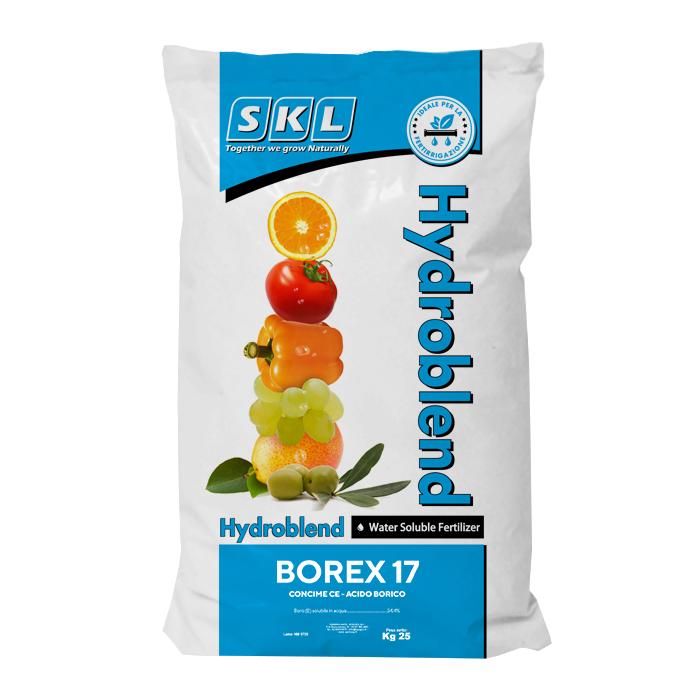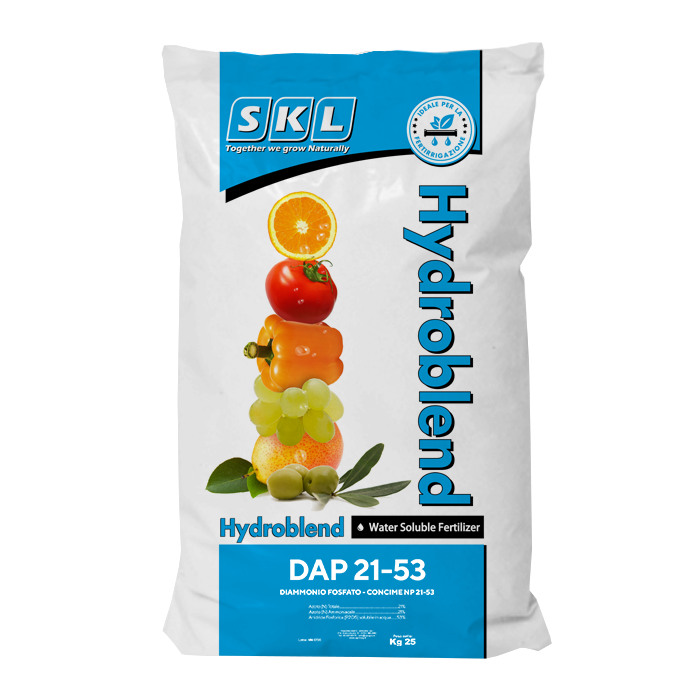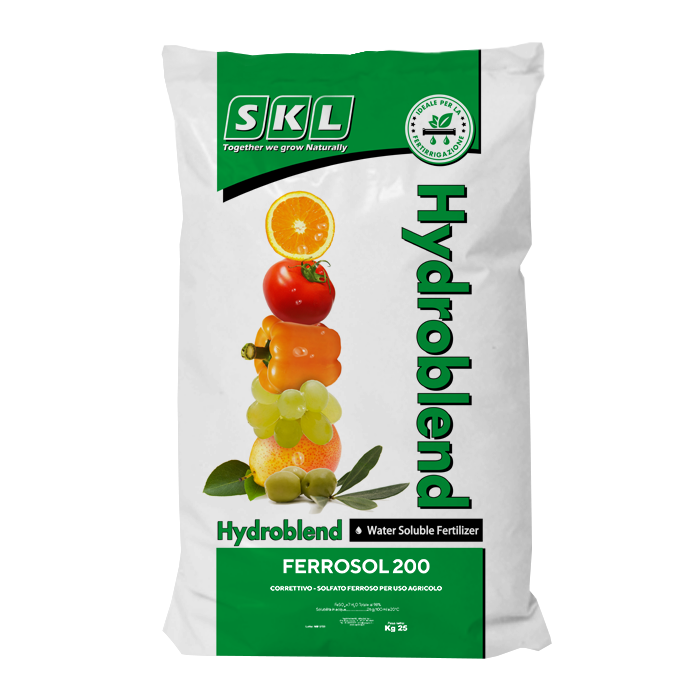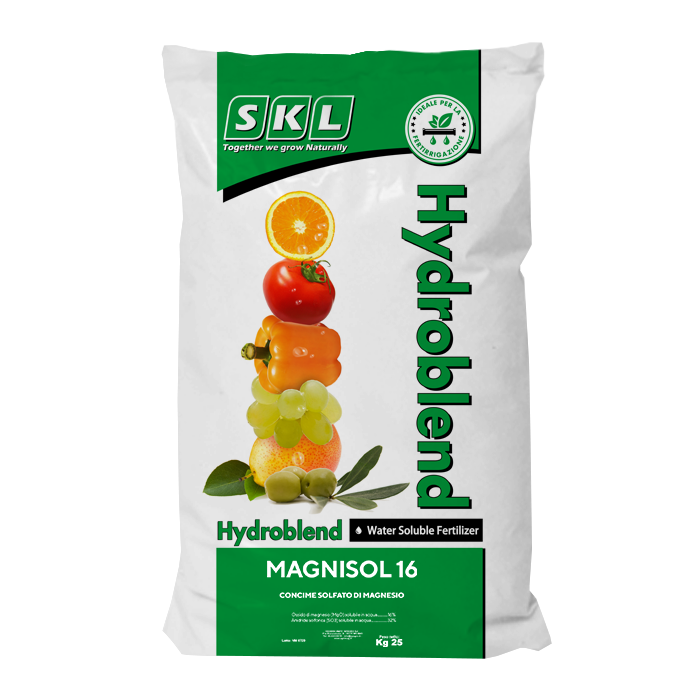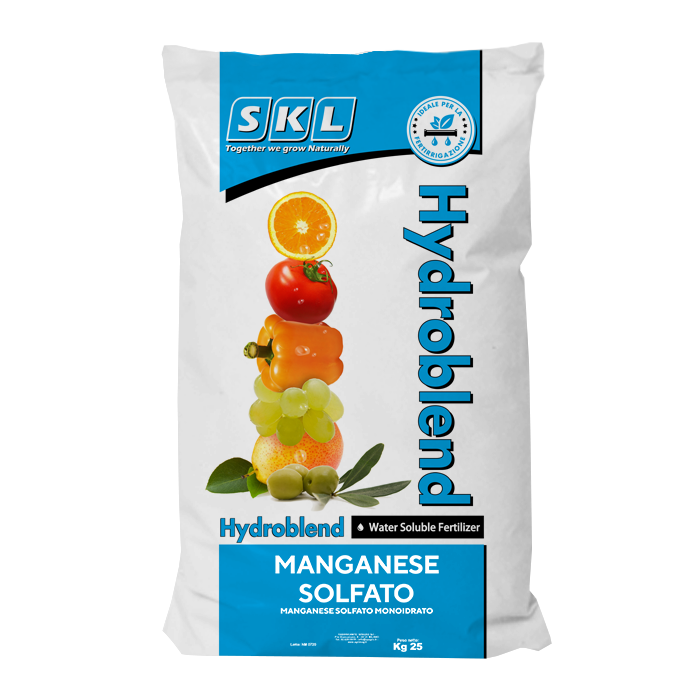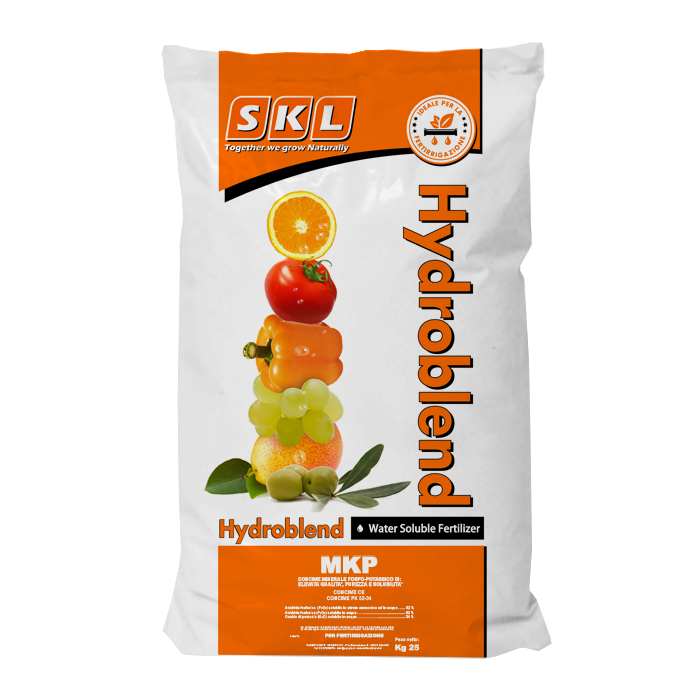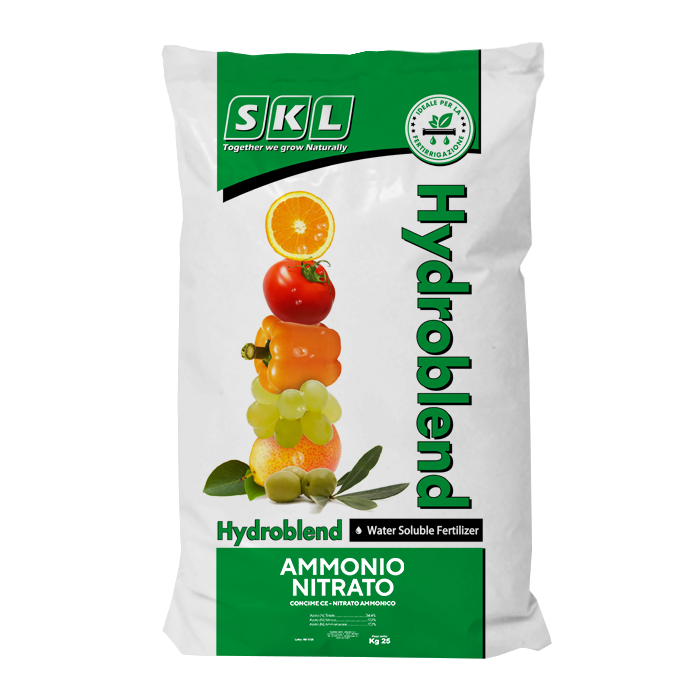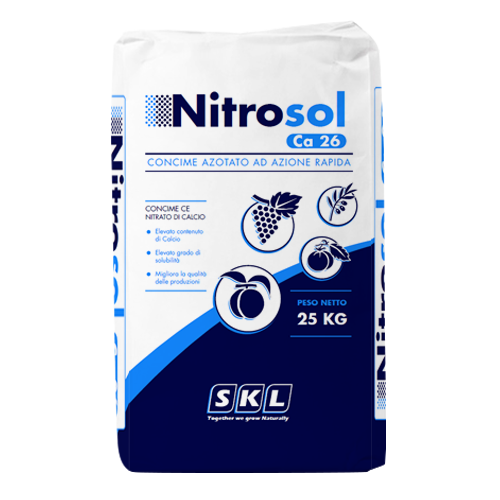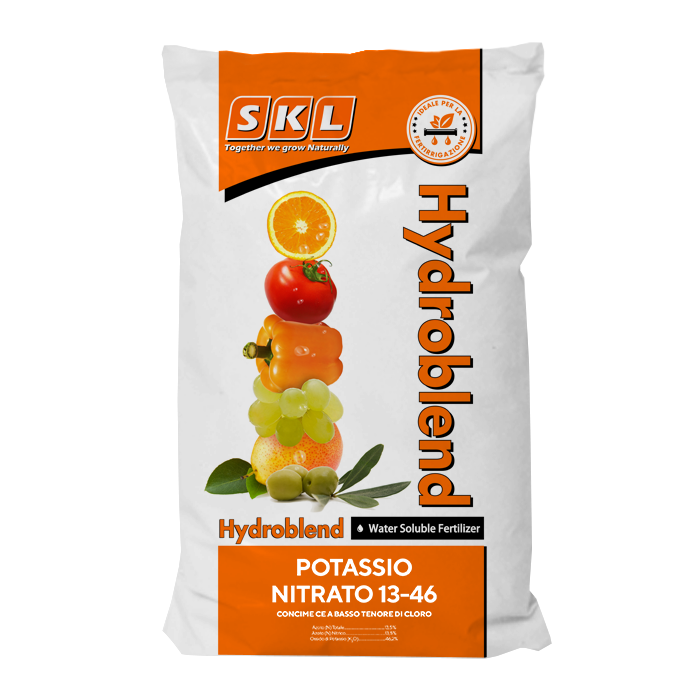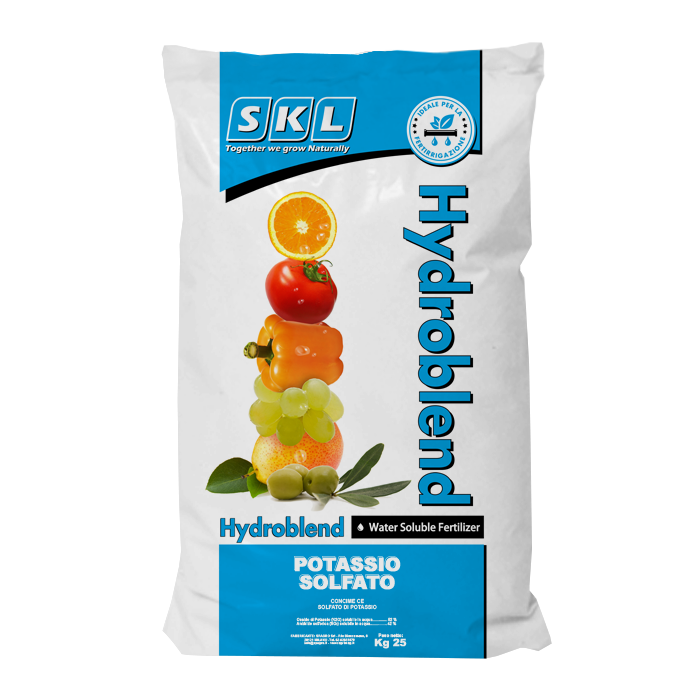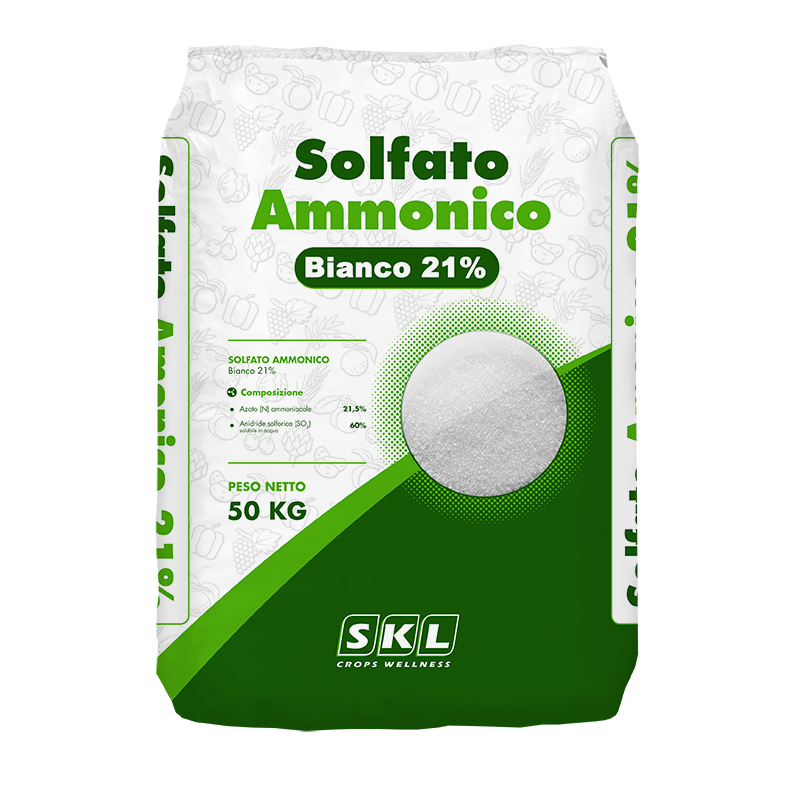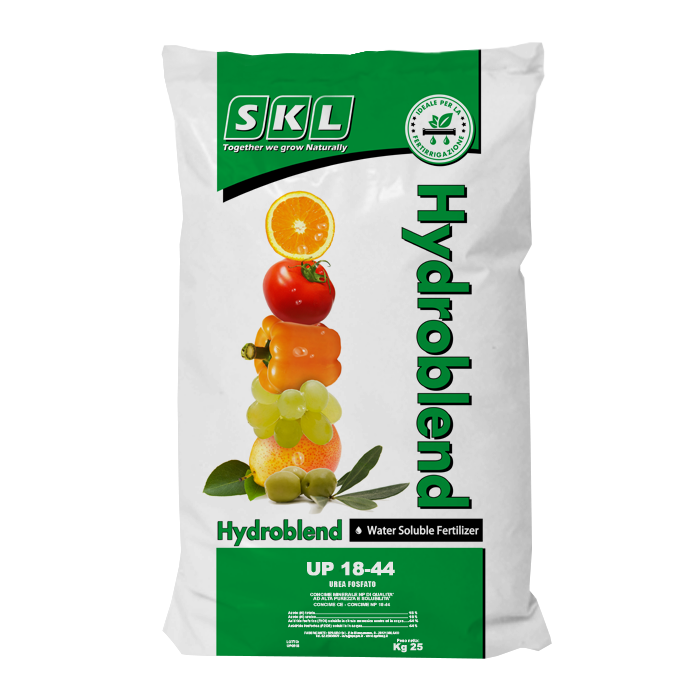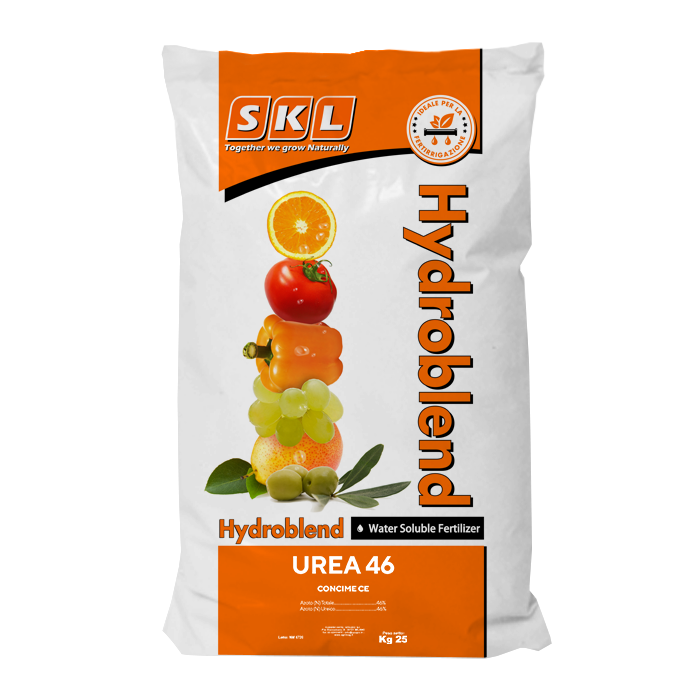Description
The zinc sulfate is a water-soluble powder formulation that can be used both foliarly and radicularly. It is particularly indicated for preventing and treating crop physiopathies caused by limited availability or difficulty in zinc assimilation, an essential micronutrient for plants. Zinc is involved in the formation of auxins, which are natural promoters of plant development.
Zinc sulfate is particularly useful for providing zinc to soilless crops. It can treat zinc deficiencies that can manifest in various forms of physiopathies, such as whitish streaks on maize leaves, close internodes, small fruits, and fruit drop in citrus. It is essential for grasses, which often show deficiency symptoms.
Functions of Zinc
This product is completely soluble in water, and its components are readily available for plants. Zinc is a fundamental catalyst for chlorophyll synthesis and biochemical processes of respiration. Furthermore, it is important for the formation of tryptophan, an amino acid precursor of indoleacetic acid, which regulates plant growth and reproduction processes. It improves lymph circulation and lignification process. It does not alter the pH of prepared nutrient solutions.
Zinc is absorbed by plants as Zn2+ cation, but it is not very mobile within the plant. The optimal concentration of zinc in plants varies between 8 and 100 ppm. Lower values indicate a deficiency, while higher values can cause toxicity. Zinc is a component of various enzymes, including carbonic anhydrase, which is responsible for the first step of carbon dioxide organication.
Zinc performs numerous biological functions as a cofactor, including the synthesis of the amino acid tryptophan, which is essential for the construction of β-indoleacetic acid, a precursor of auxins. Furthermore, it is involved in carbohydrate metabolism, protein synthesis, and phosphorus absorption. Zinc also plays an important role in the production of ascorbic acid, known as vitamin C.
Interactions of Zinc
Zinc interacts with other nutrients. For example, a zinc deficiency makes phosphorus fertilization ineffective or even harmful. Furthermore, antagonistic phenomena occur with nitrogen, copper, and iron. A particular relationship is with cadmium, a toxic element. Plants can experience problems when the zinc/cadmium ratio becomes less than 100. However, there is a positive interaction with magnesium in solution, which can release zinc adsorbed by colloids and transfer it into solution.


